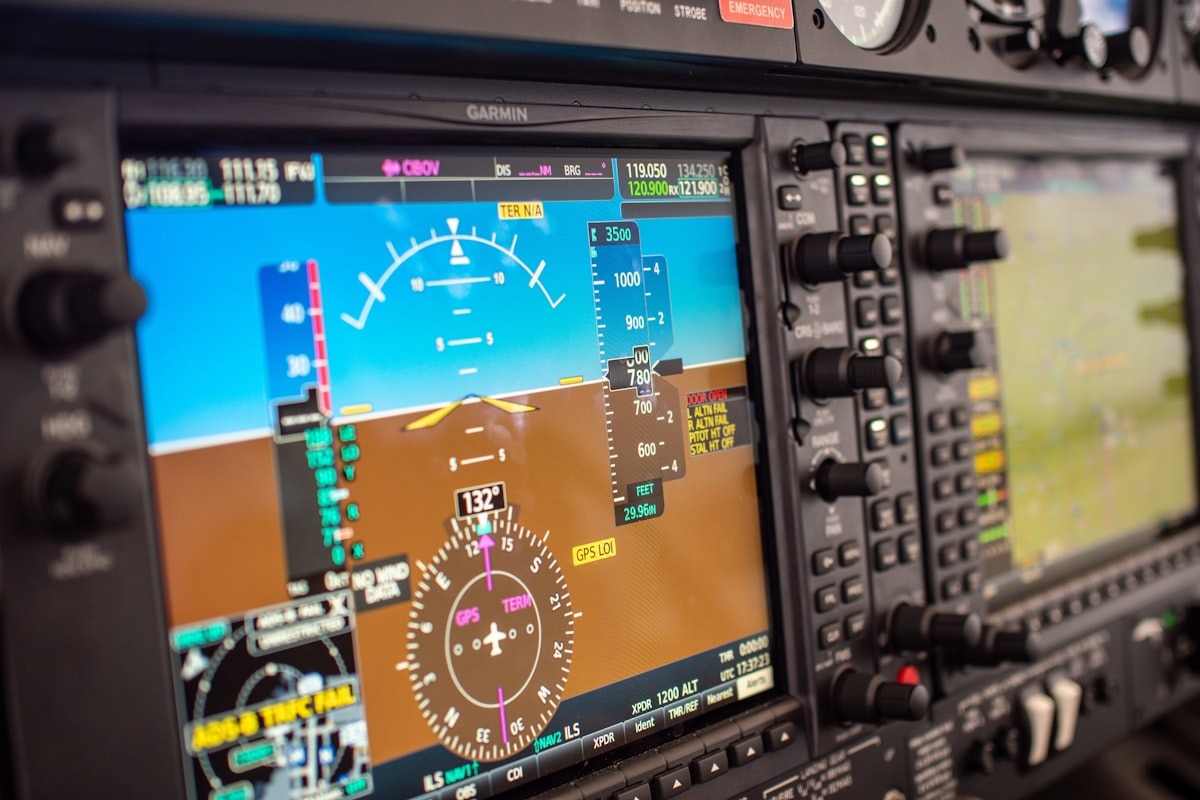Dispatcher Course
Becoming a dispatcher has gotten complicated with all the certifications, software platforms, and specializations flying around. A buddy of mine became a 911 dispatcher a few years back, and the stories he told about training — the simulated emergencies, the split-second decisions, the sheer amount of multitasking — made me realize this job is way harder than most people think. A dispatcher course is designed to prepare you for exactly that kind of pressure, and it covers a surprising amount of ground.

Understanding the Role of a Dispatcher
At its core, a dispatcher receives and sends information, coordinates with different teams, and keeps workflows running on time. But that description really undersells it. Dispatchers work in transportation, emergency services, logistics, and manufacturing — and in each of those fields, they’re the person everyone calls when something goes sideways. You need to be sharp, detail-oriented, and able to communicate clearly even when things are chaotic. It’s not a job for people who freeze under pressure.
Course Outline and Key Topics
A good dispatcher course covers a lot of territory to make sure you’re actually ready for the job. The main focus areas are communication skills, problem-solving techniques, and getting comfortable with the technology you’ll be using every day.
Communication Skills
This is the bread and butter. Dispatchers have to listen carefully, relay information accurately, and keep their messages short and clear. The course puts a heavy emphasis on active listening, verbal communication, and proper use of radios, headsets, and other communication gear. You’d be surprised how much practice it takes to convey the right information in the right order without rambling or leaving out something important.
Problem-Solving Techniques
Probably should have led with this, because problem-solving might be the single most important skill a dispatcher needs. Things go wrong constantly — a truck breaks down, an emergency call comes in while you’re already juggling three others, a schedule falls apart. The course teaches you systematic approaches to working through problems, analyzing situations on the fly, and making decisions when the clock is ticking. It’s less about memorizing answers and more about building a mindset.
Technological Proficiency
Modern dispatching runs on software. GPS tracking, dispatch management platforms, computer-aided dispatch (CAD) systems — you need to know your way around all of it. The course gives you hands-on time with these tools so you’re not fumbling around on your first day. Technology changes fast in this field, but once you understand the basics, picking up new systems gets a lot easier.
Practical Training and Simulations
Book knowledge only takes you so far. The real learning happens during simulations that put you in situations as close to the real thing as possible.
Simulated Emergency Scenarios
Emergency simulations are intense. You practice dispatching first responders, handling multiple calls stacking up at once, and figuring out what takes priority when everything seems urgent. It’s stressful — by design. The whole point is to build the muscle memory and calm-under-fire thinking you’ll need when actual lives are on the line. That’s what makes these exercises endearing to instructors and students alike — they’re hard, but they genuinely prepare you for the real thing.
Logistics and Transportation Scenarios
For people heading into the logistics world, the simulations focus on coordinating shipments, managing schedules, and dealing with delays. You practice optimizing routes, talking to drivers, and troubleshooting logistical problems in real time. It’s a different kind of pressure than emergency dispatch, but it’s pressure all the same — especially when a customer is on the line asking where their delivery is.
Certification and Career Prospects
Finishing the course usually leads to a certification, and that certification opens doors. Employers want to see that you’ve been trained and tested, not just that you “can handle it.” There are several directions you can take your career from here.
Transportation Dispatchers
These folks manage vehicle fleets, schedule drivers, and keep deliveries moving on time. They work for trucking companies, public transit systems, and delivery services. If you like solving logistics puzzles and don’t mind a phone that never stops ringing, this is your lane.
Emergency Services Dispatchers
Emergency dispatchers coordinate police, fire, and medical responses. Public safety is the focus, and rapid response is everything. It’s demanding work, but it’s also some of the most meaningful work you can do. When someone calls 911, you’re the first link in the chain that sends help their way.
Manufacturing and Logistics Dispatchers
In manufacturing and logistics, dispatchers oversee the movement of goods through supply chains. They keep operations running efficiently, manage inventory flow, and stay in constant communication with suppliers, warehouse teams, and transport partners. It’s a behind-the-scenes role, but the whole operation depends on the dispatcher keeping things moving.
Conclusion
A dispatcher course gives you the training, practice, and confidence to step into a role that’s equal parts stressful and rewarding. By covering the core skills — communication, problem-solving, tech proficiency — and backing that up with realistic simulations, the course sets you up to hit the ground running in whichever dispatching field you choose. It’s not an easy job, but for the right person, it’s a career that genuinely matters.



